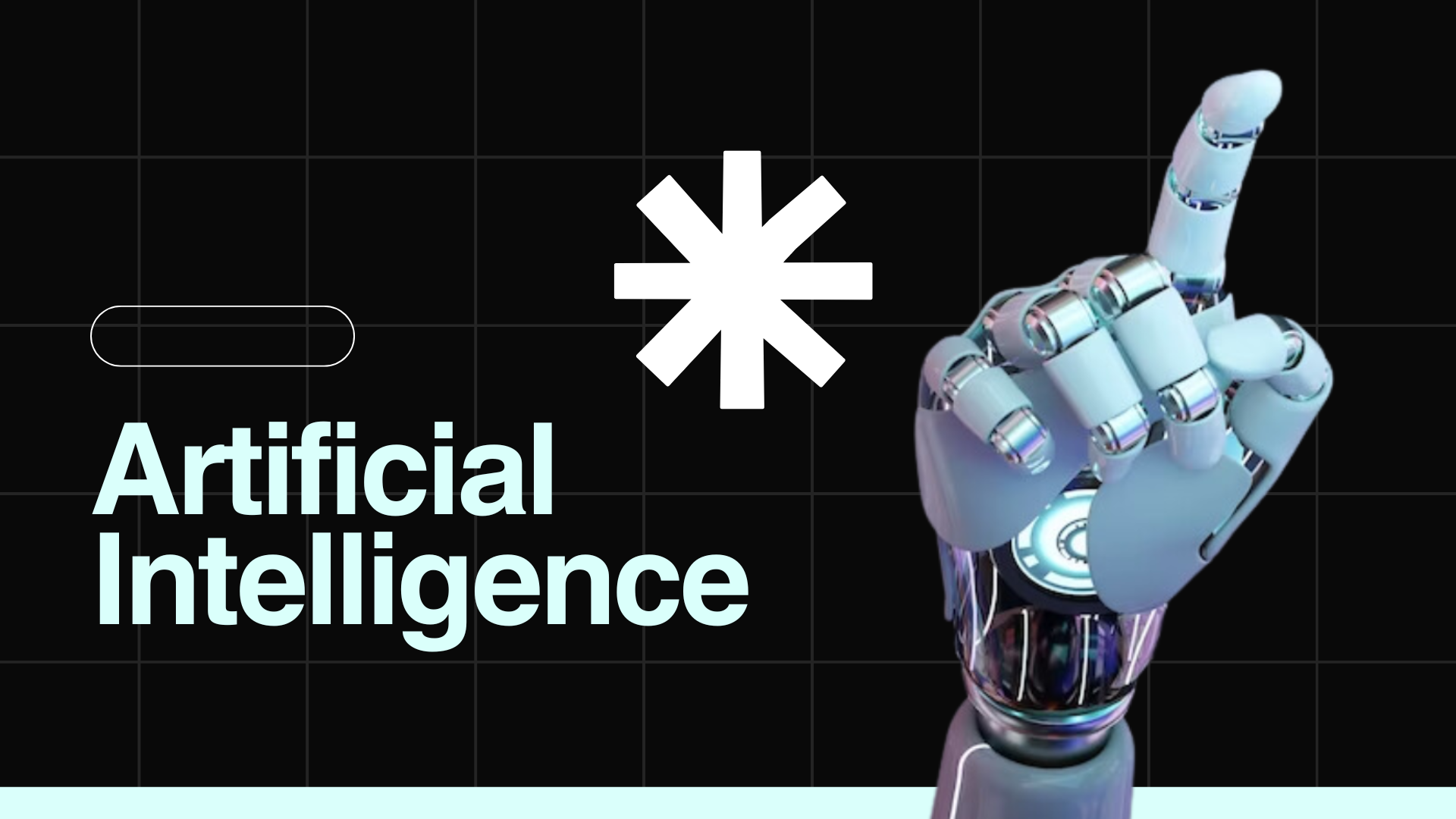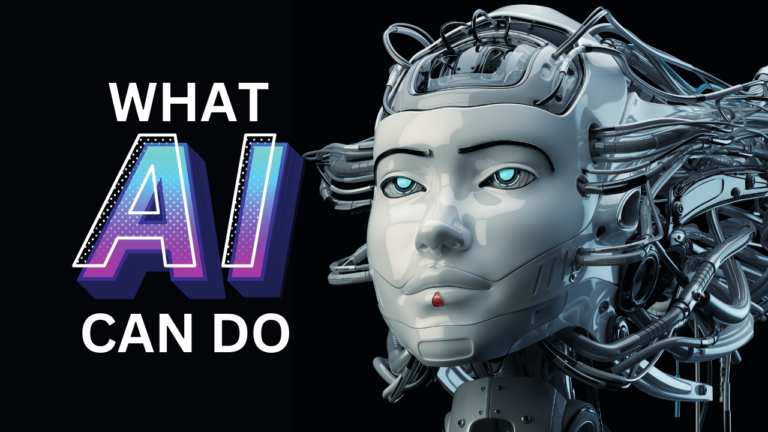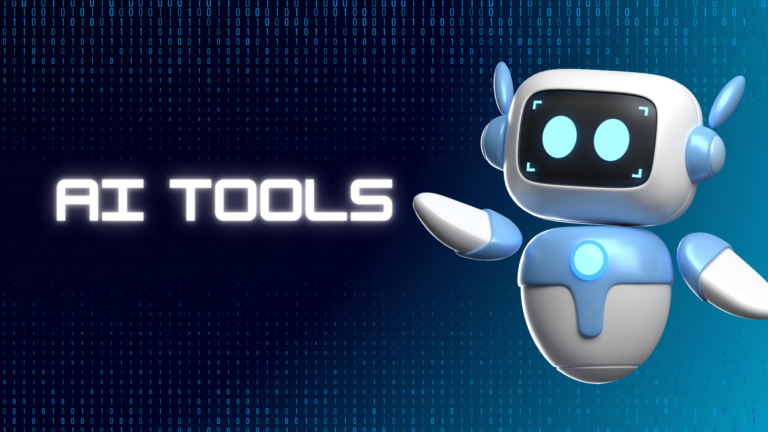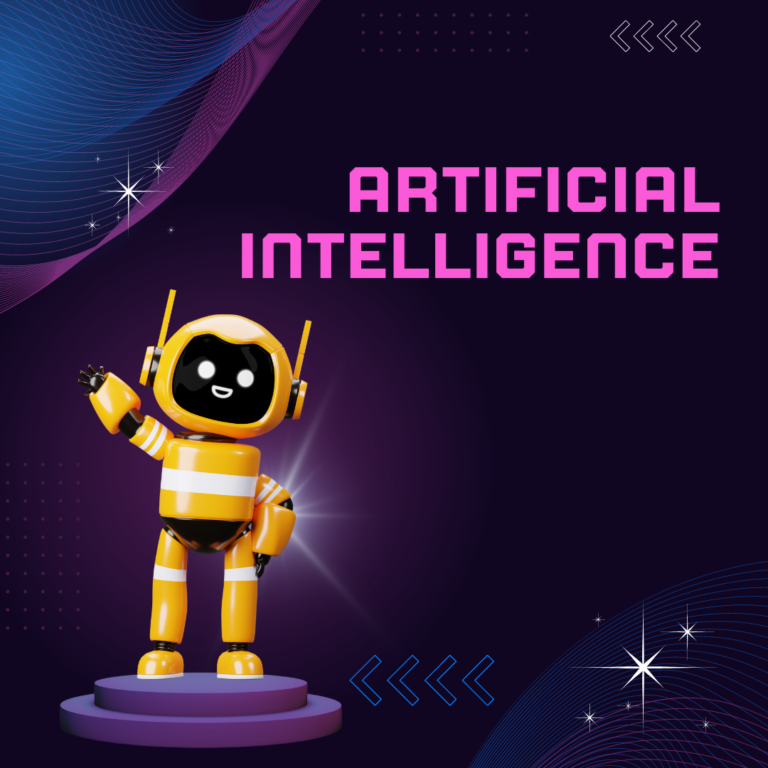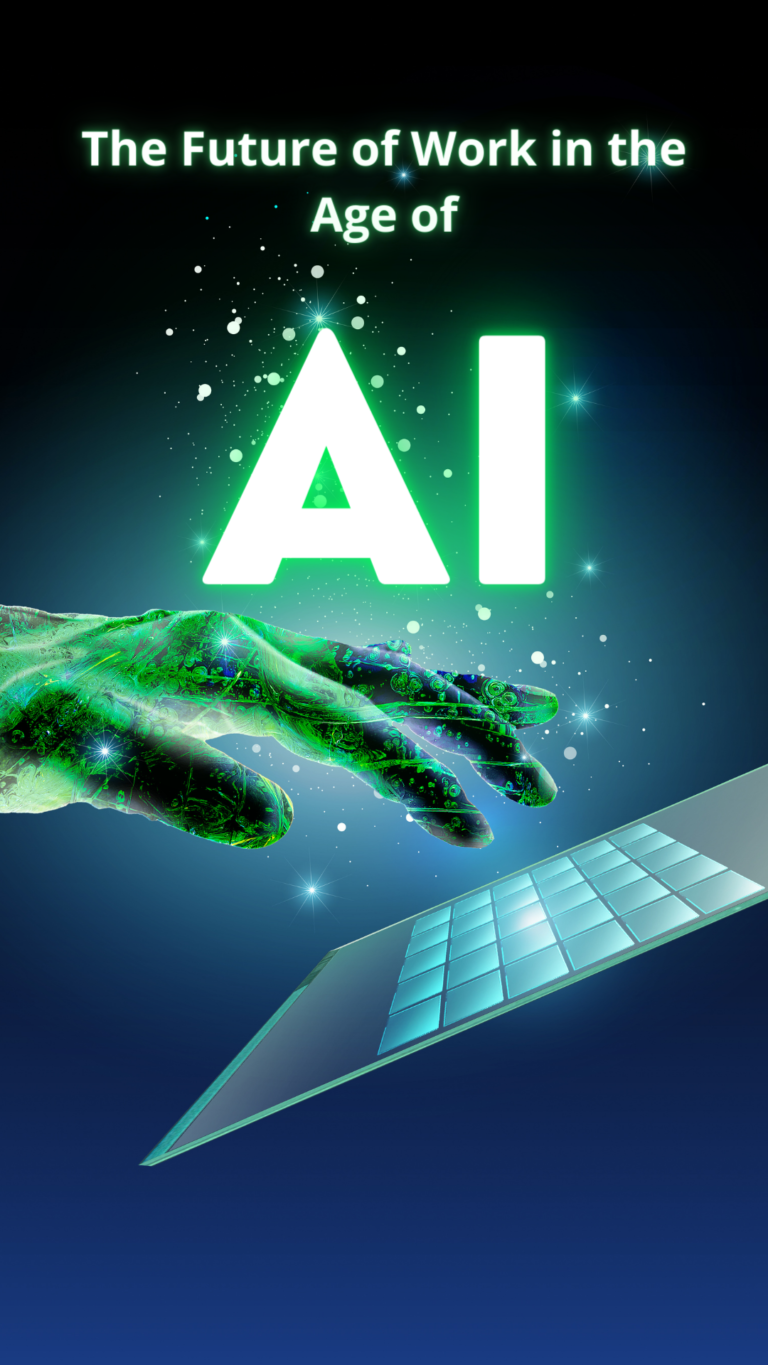AI and Career Opportunities
Artificial Intelligence (AI) has emerged as a game-changer, unlocking new career opportunities and redefining traditional roles across industries. As businesses and organizations embrace AI to streamline operations, improve decision-making, and drive innovation, professionals are witnessing an unprecedented shift in the job market. Whether it’s automating mundane tasks, enhancing customer experiences, or uncovering insights through big data analytics, AI’s influence on career paths is transformative. In this blog, we will explore the evolving landscape of AI-powered professions, the essential skills required to excel, and the promising roles emerging in this new era.
The Rise of AI in the Workforce
AI’s adoption has revolutionized industries by enhancing efficiency and fostering innovation. Companies leverage AI to automate repetitive tasks, analyze vast amounts of data, and improve decision-making processes. This transformation is evident across sectors such as healthcare, finance, manufacturing, and marketing.
For example, AI-powered diagnostic tools in healthcare assist doctors in identifying diseases with greater accuracy. In finance, AI algorithms detect fraudulent transactions in real time. Similarly, AI-driven robots in manufacturing streamline production, while personalized recommendations in e-commerce enhance customer experiences.
While these advancements have displaced certain traditional roles, they have also created a wealth of opportunities for professionals skilled in AI technologies.
Emerging Career Opportunities in AI
AI has spurred the growth of numerous job roles that didn’t exist a decade ago. Let’s delve into some of the most prominent careers:
- Machine Learning Engineer
- Machine Learning (ML) engineers design and develop algorithms that enable systems to learn and adapt. They play a pivotal role in creating predictive models, recommendation engines, and more.
- Data Scientist
- Data scientists analyze and interpret complex data sets using AI tools. They uncover actionable insights that help businesses make informed decisions.
- AI Ethicist
- Ethical issues have become more important as AI becomes more widespread. AI ethicists make sure AI systems are impartial, open, and equitable.
- Robotics Engineer
- Robotics engineers build and program AI-powered robots used in manufacturing, healthcare, and even household applications.
- Natural Language Processing (NLP) Specialist
- NLP specialists develop systems that can understand and generate human language, enabling chatbots, voice assistants, and translation tools.
- AI Research Scientist
- Research scientists explore the theoretical aspects of AI to develop advanced models and improve existing technologies.
- Cybersecurity Analyst
- With AI-driven cyberattacks on the rise, cybersecurity analysts use AI to predict and counter threats effectively.
Skills Required to Thrive in an AI Career
Breaking into the AI domain requires a blend of technical expertise and soft skills. Here’s what aspiring professionals need:
- Programming Proficiency
- Familiarity with languages like Python, R, and Java is crucial for developing AI models.
- Mathematical and Statistical Knowledge
- A strong foundation in linear algebra, calculus, and probability is essential for understanding AI algorithms.
- Understanding of Machine Learning
- Building AI applications requires an understanding of the principles of supervised, unsupervised, and reinforcement learning.
- Data Handling Skills
- Expertise in data preprocessing, cleaning, and visualization ensures the quality of AI models.
- Critical Thinking and Problem-Solving
- The ability to approach problems analytically and devise innovative solutions is invaluable in AI roles.
- Communication Skills
- Explaining technical concepts to non-technical stakeholders is a vital aspect of many AI positions.
- Ethical Awareness
- Understanding the ethical implications of AI ensures responsible innovation.
Industries Driving AI Careers
AI has found applications across a myriad of sectors. A few leading industries are as follows:
- Healthcare
- From AI-driven diagnostic tools to robotic surgeries, the healthcare sector offers diverse roles for AI professionals.
- Finance
- With algorithmic trading, fraud detection systems, and individualized financial planning, artificial intelligence is revolutionizing the financial sector.
- Retail and E-commerce
- AI enables dynamic pricing, personalized recommendations, and inventory management in the retail sector.
- Manufacturing
- Smart factories utilize AI for predictive maintenance, quality control, and supply chain optimization.
- Entertainment
- AI-powered tools are revolutionizing content creation, recommendation systems, and virtual reality experiences.
Challenges and Considerations
Despite its potential, AI poses certain challenges for professionals:
- Skill Gap
- A shortage of skilled professionals remains a significant barrier to AI adoption.
- Job Displacement
- Automation has led to concerns about job losses in traditional roles.
- Ethical Concerns
- Issues like data privacy, algorithmic bias, and misuse of AI technologies must be addressed.
- Rapid Technological Changes
- Keeping up with the pace of AI advancements requires continuous learning.
How to Prepare for an AI Career
To succeed in the AI field, professionals must adopt a proactive approach to skill development. Here’s how you can prepare:
- Pursue Relevant Education
- Degrees in computer science, data science, or AI provide a strong foundation.
- Enroll in Online Courses
- Specialized AI courses are available on platforms such as edX, Udemy, and Coursera.
- Work on Projects
- Practical experience through personal or collaborative projects helps in building a portfolio.
- Participate in Competitions
- AI hackathons and competitions like Kaggle provide real-world problem-solving experience.
- Stay Updated
- Following AI research papers, blogs, and industry news keeps you informed about the latest developments.
Conclusion
AI is no longer a futuristic concept; it’s a reality shaping the present and future of careers. While it has disrupted traditional roles, it has also unlocked new avenues for growth and innovation. By acquiring the right skills, staying updated, and approaching AI ethically, professionals can harness its potential to build rewarding careers. Embracing AI doesn’t just mean keeping up with technological advancements—it’s about becoming an active participant in shaping a smarter, more efficient world.

